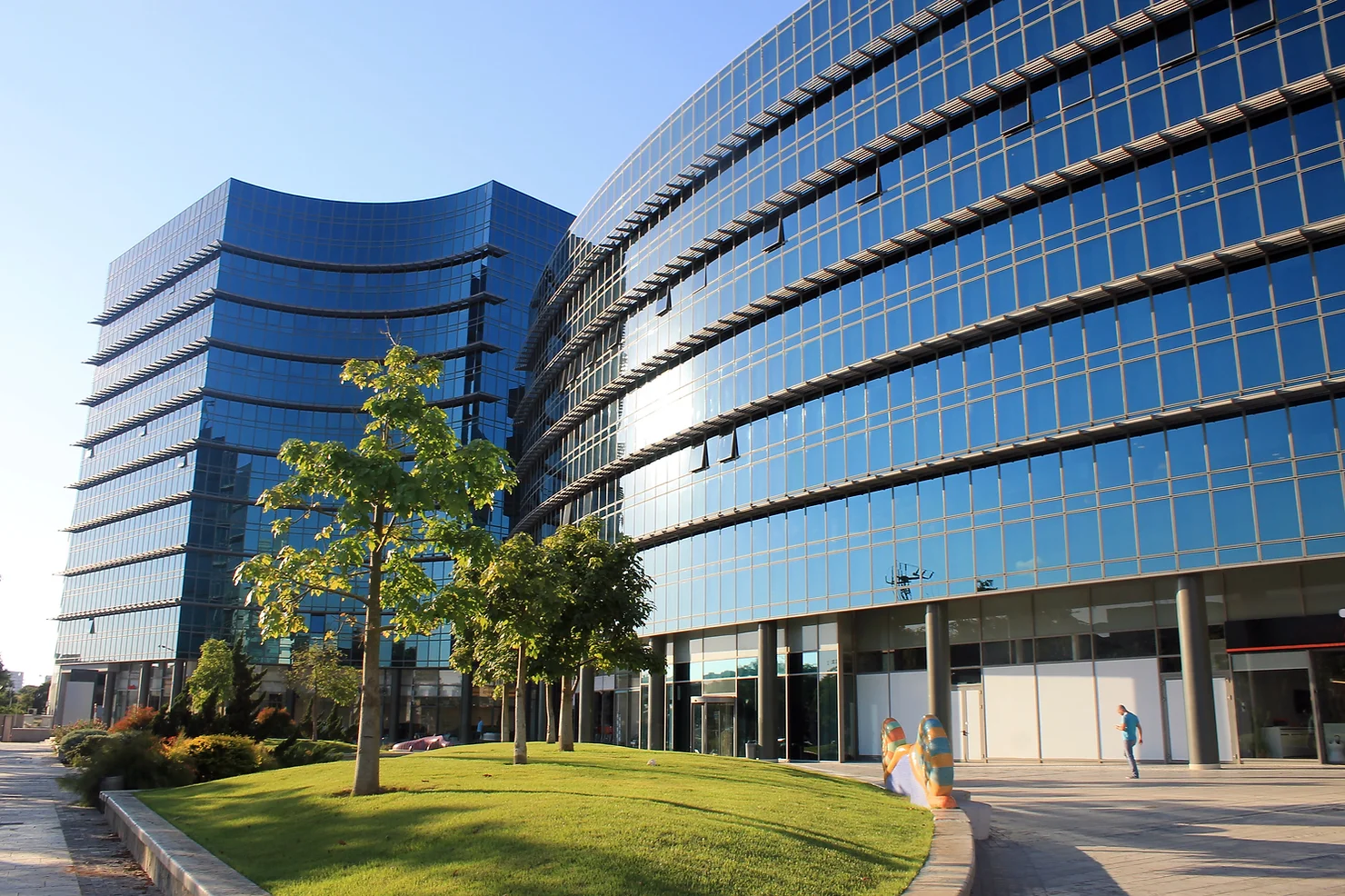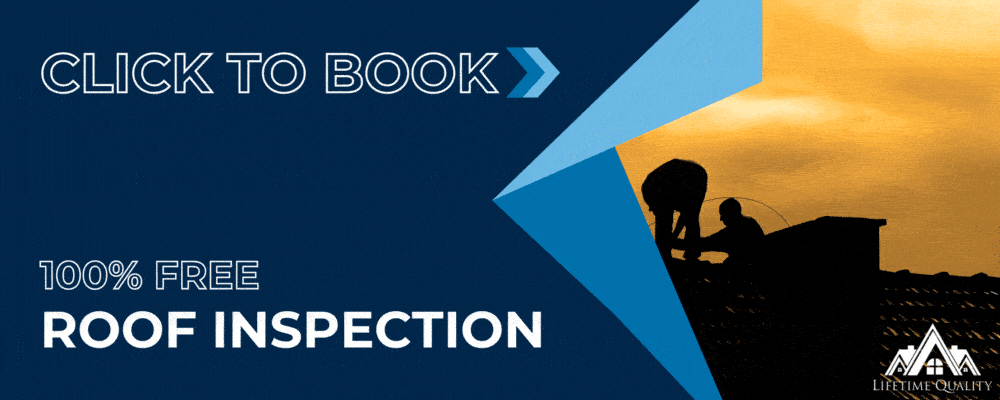
How to Maintain the Health of Your Commercial Roof
Learn the essential tips for commercial roof inspection and replacement to ensure the longevity and durability of your building's roof.

Is your chimney giving you a headache every time it rains? If so, you’re not alone. Many homeowners have experienced the frustration of a leaking chimney during inclement weather. But why does this happen? In this article, we will explore the common causes of chimney leaks and discuss how you can address and prevent them.
One possibility is that your chimney flashing is damaged or improperly installed. Flashing is the metal strip that connects the chimney to the roof, creating a water-resistant barrier. If the flashing is cracked, loose, or missing, water can easily seep into your home. This is a common cause of chimney leaks, as the flashing is constantly exposed to the elements and can deteriorate over time.
Another potential culprit is a cracked chimney crown. Located at the top of the chimney, the crown acts as a protective cover. However, due to exposure to the elements, it can deteriorate over time, leading to leaks. If the crown is cracked or damaged, water can enter the chimney and cause leaks when it rains.
Additionally, chimney leaks can be caused by cracked or damaged chimney bricks or mortar. When water infiltrates these areas, it can enter your home and cause significant damage. Over time, the freeze-thaw cycle can also contribute to the deterioration of the bricks and mortar, making them more prone to leaks.
Addressing chimney leaks is crucial to prevent further damage to your home. Water entering through the chimney can cause structural issues, such as deteriorating walls and ceilings. It can also lead to mold growth, which can be a health hazard for you and your family. Additionally, chimney leaks can damage the interior of your home, including furniture, carpets, and other belongings. By addressing chimney leaks promptly, you can protect your home from water damage and maintain the integrity of your chimney.
Detecting a leaking chimney can sometimes be challenging, as the water may not be visible immediately. However, there are several signs to look out for. One common indication of a chimney leak is water stains on the ceiling or walls near the chimney. You may also notice a musty odor or mold growth in the vicinity of the chimney. Additionally, if you hear dripping sounds or notice water pooling around the fireplace, it's a clear sign of a chimney leak. It's important to address these signs promptly to prevent further damage.
If you suspect a chimney leak, it's essential to diagnose the problem accurately before taking any corrective measures. The first step is to check the flashing around the chimney. Look for any visible cracks, gaps, or signs of damage. Inspect the chimney crown for cracks or deterioration. Examine the chimney bricks and mortar for any signs of cracking or damage. You may also want to check the chimney cap, as a damaged or missing cap can allow water to enter the chimney.
If you're unable to identify the source of the leak, it's best to consult a professional chimney inspector. They have the expertise and tools to pinpoint the exact cause of the leak and recommend appropriate solutions.
If the chimney leak is minor and you're comfortable with DIY projects, there are a few steps you can take to fix it yourself. Start by cleaning the chimney thoroughly, removing any debris or obstructions. Next, apply a water repellent sealant to the chimney bricks and mortar. This will help create a barrier against water infiltration. It's important to choose a sealant specifically designed for chimney use. Finally, inspect and repair the flashing, ensuring it's properly installed and in good condition.
While DIY solutions can be effective for minor leaks, it's crucial to exercise caution. Working on a chimney can be dangerous, especially if you're not experienced or comfortable with heights. If you're unsure or the leak is severe, it's best to seek professional help.
For more significant chimney leaks or if you're not confident in your DIY abilities, it's advisable to hire a professional chimney repair service. They have the knowledge, experience, and specialized equipment to address chimney leaks effectively. A professional will conduct a thorough inspection, identify the root cause of the leak, and provide appropriate solutions. They can repair or replace damaged flashing, chimney crowns, bricks, or mortar, ensuring a long-term solution to prevent future leaks.

Prevention is key when it comes to chimney leaks. Regular maintenance and proactive measures can help you avoid costly repairs in the future. Here are some preventive measures to consider:
The cost of chimney leak repairs can vary depending on the extent of the damage and the necessary repairs. Minor repairs, such as fixing flashing or applying sealant, may cost a few hundred dollars. However, more extensive repairs, such as chimney crown replacement or brick restoration, can cost several thousand dollars. It's important to address chimney leaks as soon as possible to prevent further damage and potentially save on repair costs.
Chimney leaks themselves do not directly cause fires. However, water entering the chimney can damage the flue lining, which can increase the risk of a chimney fire. It's crucial to address chimney leaks promptly to prevent any potential fire hazards, especially during the winter when your chimney is in use.
It's recommended to schedule a professional chimney inspection at least once a year. Regular inspections can catch any issues early and ensure the safety and efficiency of your chimney.
Chimney sealants can be effective for minor leaks. However, it's crucial to choose a sealant specifically designed for chimney use and follow the manufacturer's instructions. For more significant leaks or if you're unsure, it's best to consult a professional.
A leaking chimney can be a frustrating and potentially damaging problem. By understanding the common causes of chimney leaks and taking preventive measures, you can protect your home from water damage and maintain the integrity of your chimney. Whether you choose to address minor leaks yourself or hire a professional chimney repair service, it's crucial to take prompt action to prevent further damage. Regular chimney maintenance and inspections are key to ensuring the safety and efficiency of your chimney for years to come.